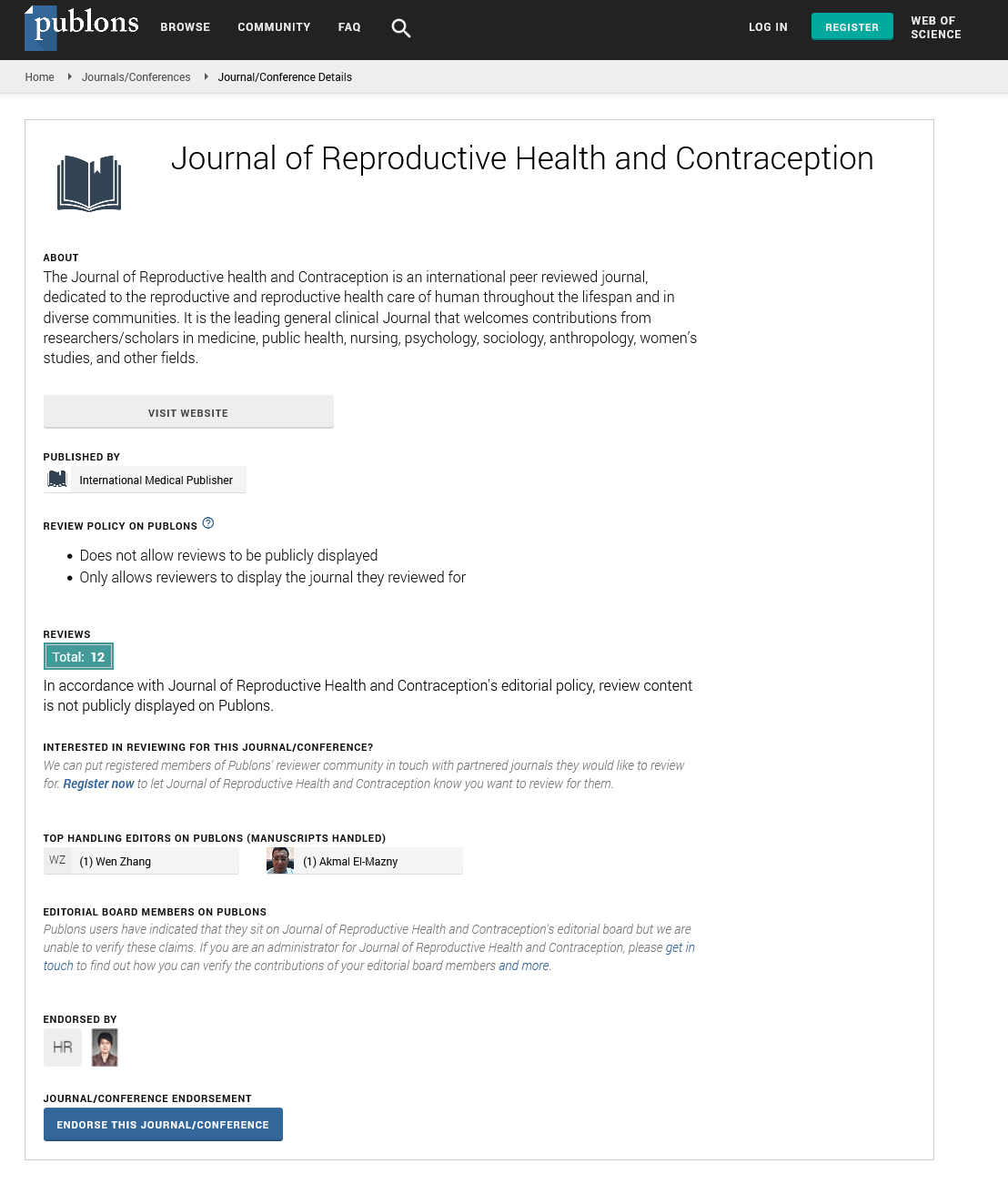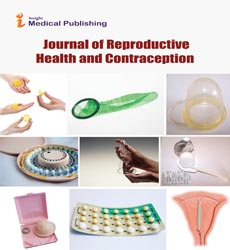Abstract
Health, life and rights: a discourse analysis of a hybrid abortion regime in Tanzania.
Introduction: At the turn of the century, when the Millennium Development Goals placed maternal mortality reduction high on the global agenda, Ethiopia relaxed its restrictive abortion law to expand grounds on which a woman could legally obtain an abortion. This radical policy shift took place within a context of predominant anti-abortion public opinion shaped by strong religious convictions. Drawing upon Walt and Gilson’s policy analysis framework, this paper explores the tension between public policy and religious dogma for the strategies chosen by the Ethiopian Ministry of Health and its partners implementing the new policy, and for access to safe abortion services. Methods: The study employed a qualitative research methodology. It targeted organizations that are key stakeholders in the field of reproductive health. These included policy makers and policy implementers like ministries, UN agencies and international and national NGOs as well as religious organizations as key opinion leaders. The data collection took place in Addis Ababa between 2016 and 2018. A total of 26 interviews were conducted, transcribed, and analyzed using the principles of qualitative content analysis. Results: Our analysis showed that the implementing organizations adopted a strategy of silence not to provoke antiabortion sentiments and politicization of the abortion issue which was seen as a threat to the revised law and policy. This strategy has facilitated a rollout of services and has improved access to safe abortion care. Nevertheless informants were concerned that the silence strategy has prevented dissemination of knowledge about the revised law to the general public, to health workers and to the police. In turn this has caused confusion about eligibility to legal and safe abortion procedures. Conclusions: While silence as a strategy works to protect the law enhancing the health and survival of young women, it may at the same time prevent the law from being fully effective. As a long term strategy, silence fails to expand awareness and access to safe abortion services, and may not sufficiently serve to fulfill the potential of the law to prevent abortion related maternal deaths. Keywords: Abortion, Policy, Access, Silence, Ethiopia
Author(s): Karen Marie Moland
Abstract | Full-Text | PDF
Share this

Google scholar citation report
Citations : 201
Journal of Reproductive Health and Contraception received 201 citations as per google scholar report
Journal of Reproductive Health and Contraception peer review process verified at publons
Abstracted/Indexed in
- Google Scholar
- China National Knowledge Infrastructure (CNKI)
- WorldCat
- Publons
Open Access Journals
- Aquaculture & Veterinary Science
- Chemistry & Chemical Sciences
- Clinical Sciences
- Engineering
- General Science
- Genetics & Molecular Biology
- Health Care & Nursing
- Immunology & Microbiology
- Materials Science
- Mathematics & Physics
- Medical Sciences
- Neurology & Psychiatry
- Oncology & Cancer Science
- Pharmaceutical Sciences


